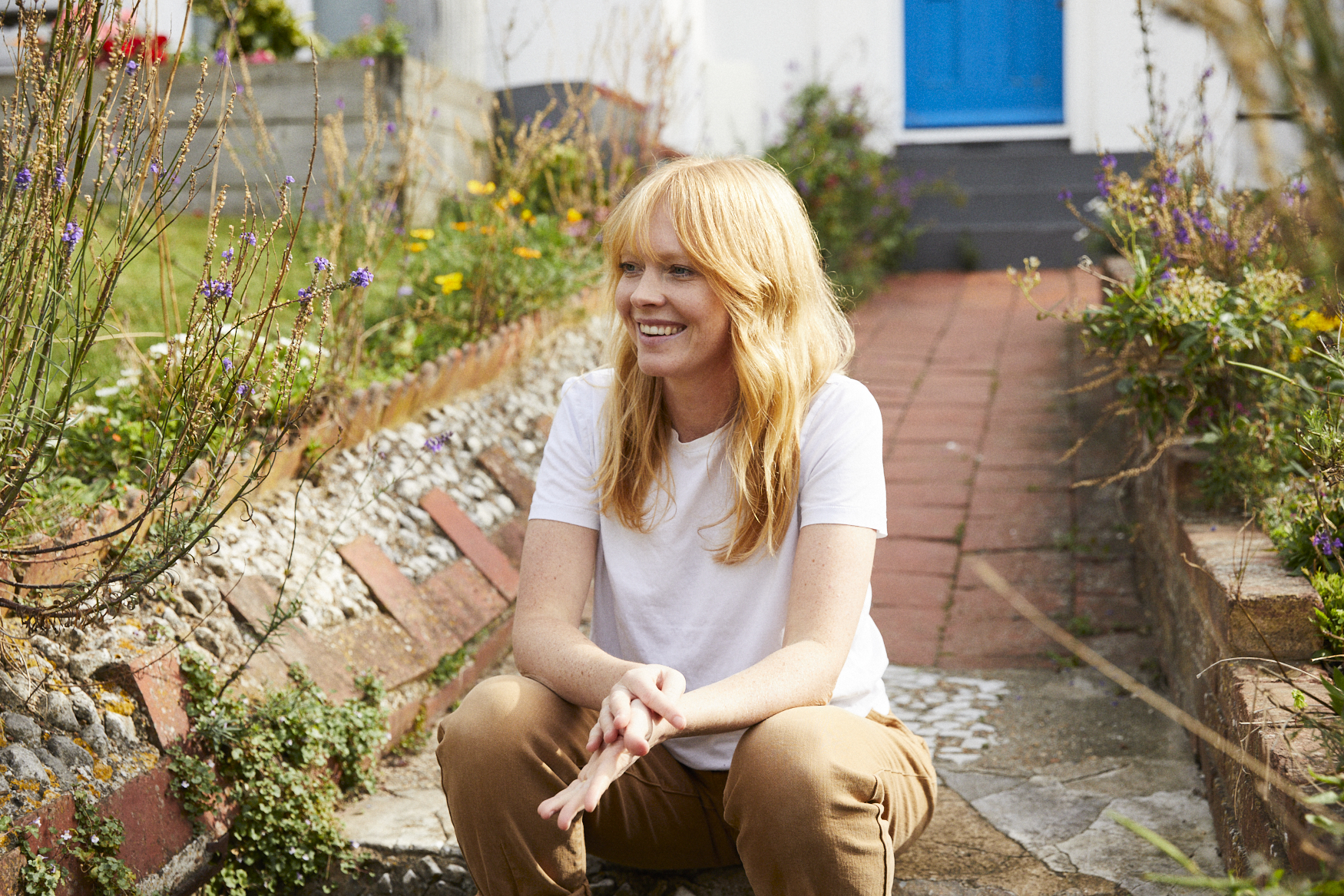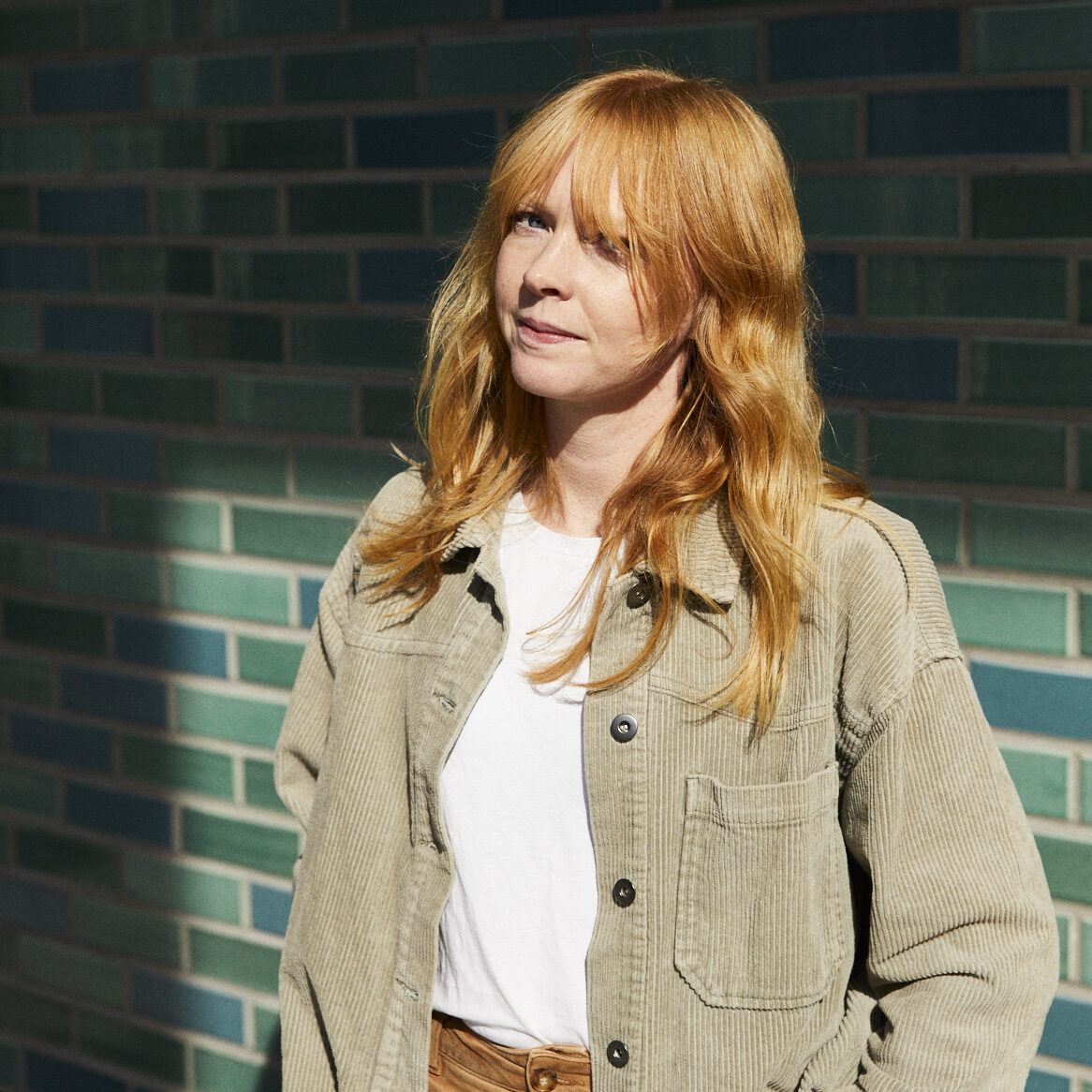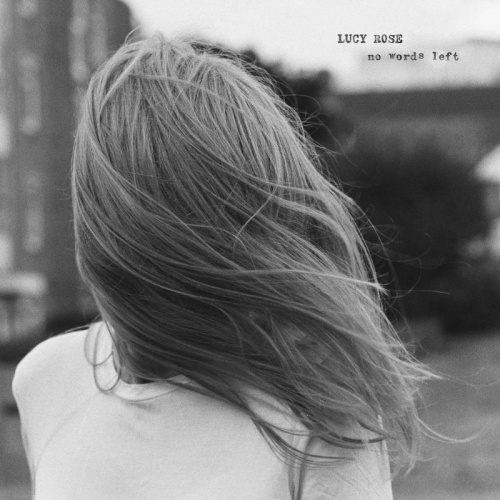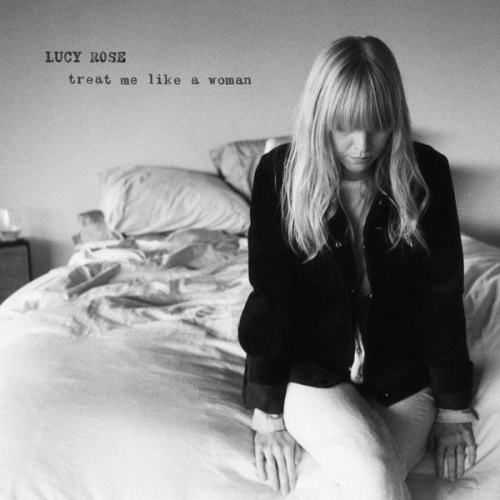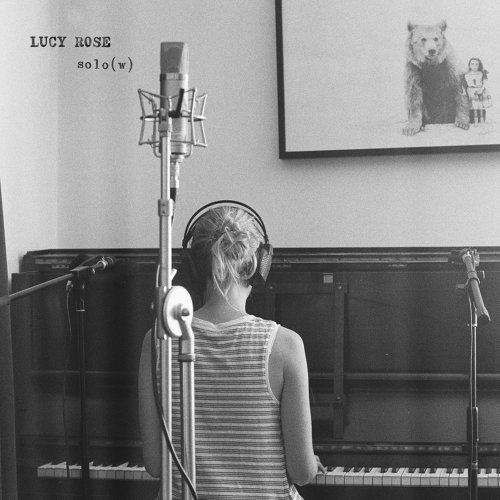Biography
Lucy Rose on The Racket: “I wanted my new album to end on a note of defiance and triumphant; of accepting what’s happened to me, pushing through, picking myself up and continuing life in the best way I can. I also wanted to start the song thanking my son Otis for loving me throughout everything, because really in those darkest times, it was his love that pulled me through.
“The song title nods to two things, the fact that the end of the song is an onslaught of noises and instrumentation, and also the fact that before breaking my back and receiving my diagnosis, tennis was a huge passion of mine, and I got told by my doctors I wouldn’t be able to play ...
Lucy Rose on The Racket: “I wanted my new album to end on a note of defiance and triumphant; of accepting what’s happened to me, pushing through, picking myself up and continuing life in the best way I can. I also wanted to start the song thanking my son Otis for loving me throughout everything, because really in those darkest times, it was his love that pulled me through.
“The song title nods to two things, the fact that the end of the song is an onslaught of noises and instrumentation, and also the fact that before breaking my back and receiving my diagnosis, tennis was a huge passion of mine, and I got told by my doctors I wouldn’t be able to play again, or potentially even walk. But slowly, slowly, I found my way back to the court and reclaimed that part of me.”
“And a final side note, this song was SO much fun to make, from start to finish, it brought a smile to my face every time!”
Lucy’s quote refers, in part, to her life story since the release of fourth album, No Words Left, in 2019. It’s recounted below..
—
The US writer Cormac McCarthy, not renowned for the sunniest outlook on life, wrote, “You never know what worse luck your bad luck has saved you from”. But as best we are aware, Cormac McCarthy didn’t fracture eight vertebrae overnight (to all intents and purposes), that not even a health professional could offer up any reasonable diagnosis for. Don’t talk to us about luck, Cormac.
British musician Lucy Rose released a fourth album, No Words Left, back in 2019. It garnered the strongest critical acclaim of her career and culminated in a sell-out show at London’s Barbican theatre. It was a record that ruminated in a sort of hushed reverence, emotionally charged and deftly delivered.
Lucy had planned to spend some well-earned time at home in the record’s aftermath, having toured relentlessly since her late teens. She’d balanced that precariously spinning plate by forming her own record label too, Real Kind Records, putting out new records by artists she admired and thought deserved her due care and attention. With both plates spinning, she managed to catch them just before the pandemic ensured her plan for some rest and recouperation became an enforced reality. She welcomed her first child, Otis, in the summer of 2021. All was well. Until it wasn’t.
“Five weeks after I gave birth to Otis, I started getting back pain. It was only mild, but it really restricted my movements. My GP insisted that it was normal to experience back pain after giving birth, but it made taking care of Otis difficult, lifting him slowly in and out of the cot, until one night, whilst lifting him, my back went.”
Lucy dropped Otis to the bed and collapsed beside him in agony. She breathed deeply and waited anxiously for the pain to subside. It soon happened again. And again. Soon, walking, showering, even breathing became an excruciating endurance test. Repeat visits to her doctor and to the local Brighton hospital provided Lucy with few clues as to what was happening to her body. Eventually an MRI scan (paid for privately before being refunded by the NHS) revealed eight fractured vertebrae, and the diagnosis of rare pregnancy induced osteoporosis.
If you tap the illness into Google, you’ll be rewarded with very little besides the odd, inconclusive medical paper littered with jargon. It’s a comparatively unknown illness with no explanation as to why it might happen, nor much research into why it continues happening to otherwise healthy women of all ages. Outside those that are suffering from the chronic pain and stress, it appears nobody is able to help.
“It’s true that a woman could have perfectly healthy bones going into pregnancy, and like me, come out of the experience with the bones of a 100 year old, and living with severe osteoporosis.”
Whilst osteoporosis affects over 3.5 million people in the UK, Pregnancy Associated Osteoporosis affects less than 1 in 100,000 women. We’re talking very few numbers indeed, and an illness that’s foggy with facts.
“None of the doctors could guarantee I would have the life I used to have back, nor whether my back would heal. Nobody knew anything, really. Everywhere I looked I saw mothers taking care of their babies and I felt so embarrassed and ashamed to be so weak and broken for mine.”
What now? Whilst Lucy was coming to terms with becoming a life-shattering statistic, she sought out anything that might help her circumstances. A respite and a resolution.
Eventually it came in the shape of some hydrotherapy sessions at Haywards Heath hospital in Sussex that slowly began to piece Lucy’s back, and her life, back together step by step “The hydro-therapist really changed my life, in truth. When I finished those sessions, I was able to move freely in my body, pick up Otis, and live a life I didn’t think was possible anymore. I cannot thank her enough.”
With a life being lived upside down, and only now without the indignity of excruciating pain, making music wasn’t seeded top of Lucy’s priority list. Any fleeting thought of writing a new record, or even sitting down with a guitar or at a piano, took a back seat to building up the strength to walk and care for Otis.
“My dreams were huge and tiny at the same time. But as my back started to slowly improve, I decided to sit down at the piano and just play whilst Otis listened. I could only really play five minutes at a time, but enough to play a song and I started to write again.”
As her confidence started to rebuild, so did her usual inhibitions in the making of music.
“I booked some time down at Paul Weller’s studio that he’d kindly offered to me, but just before that was due to happen, I was offered a last-minute trip over to New York to work with [US rapper and producer] Logic.”
“The week I spent with Logic became completely integral to the spirit that I approached this record with. He impressed on me the notion of “closed creativity” in writing a song, and then “open creativity” too, where the studio experience becomes a much more open-door experience, trusting in the people around you.
“When I returned to England, I wanted to enter that mode of open creativity and just play my music with the musicians that I trusted all around me. We played and played until the songs felt great. There was no rush, but it came quickly.”
After much finessing in rehearsals, they took to Weller’s studio in Surrey and laid down six songs in a day, all completely live recordings. They were originally due to record demos, but these recordings became the very first bones of the eventual record.
With Lucy’s confidence building, she reached out to the renowned British producer/artist Kwes to see if he’d be interested in helping her with the production, and he replied, more than keen to assist. His influence, and Logic’s sage words, helped Lucy take her music in thrilling new directions. The album still sounds like Lucy Rose in its intimacy and ear for melody, but Lucy herself sounds reinvigorated – full of joy and with a sense of playfulness too.
“The more I think about it, the more grateful I feel towards my relationship with music. It’s always known how to help me, allowing me to explore my emotions. But this time, when I sat down at the piano, it’s like music knew that I didn’t have it in me to go deep and dark this time. The escapism I needed was to feel uplifted and reinvigorated, and to feel hope rather than despair”
This Ain’t The Way You Go Out is an album constructed from the ashes of despair, nurturing the tiniest of green shoots and giving life to something that had looked otherwise spent. It’s a new era for Lucy, and an era in its purest, truest sense. An artist re-awakening herself to the power of music, and having a lot of fun in the process of its discovery and delivery.
Perhaps Cormac McCarthy’s quote about luck does speak a little to Lucy’s experience. Sure, Lucy was terribly, terribly unlucky, but perhaps it could have been worse. It sounds corny, but alongside that hydro-therapist, and Lucy’s love and dedication to Otis propelling her recovery, music might curiously have saved her too, or certainly offered some hope.
Luck’s not quite the word though. Whatever it is, we have a set of sorry circumstances to thank for this bold, brave and colourful new record. Lucky us.
